One way to avoid hard soil is to prevent it from happening. Yearly applications of organic matter will help prevent the soil from becoming hard and compacted again. To keep soil softened, add organic material such as compost or animal manure into the soil each spring before planting time.
Apply organic mulch, like hay, around plants and allow it to decompose and work its way down into the soil. The organic material will ensure the soil is softened year round. To fix compacted soil, which is soil that has little to no air space, break it up to make it hospitable for your plants again. Start by shifting livestock, machinery, vehicles, and foot traffic away from the compacted area to give the soil a rest.
If you use the compacted area for farming or gardening, move your plants somewhere else for at least 1 growing cycle. Instead, plant a cover crop, like winter wheat or ryegrass, to allow the roots to break up the soil. For smaller, grassy areas that are compacted, use a small metal garden fork to poke holes in the soil so air, water, and roots can enter the area. However, when tackling a larger area, use a rototiller with an aeration attachment. Compost is a great and fast way to get more organic matter into your soil.
Using hand tools, work leaves, mulch or other organic materials into the top several inches of the soil. Organic matter is softer than mineral matter, and it helps increase the amount of air and water space. In addition, it adds needed nutrients for plants to grow – and plant roots reduce compaction. Compaction is most likely to occur with heavier soils like clay and loam, but when heavy equipment is used, sandy soils can become compacted.
These are soil particles that are packed closely together. The problem may be compounded by events that have happened to the soil over the course of years. The pore spaces are reduced to the point that air and water cannot move freely and plant roots cannot grow easily into the surrounding soil. The soil could remain overly wet longer than is healthy for the plants growing there. Gypsum is easily applied to the soil surface with a regular lawn spreader. It's an ideal amendment for improving soil structure and relieving compaction in existing lawns and gardens.
Compacted soil and plants don't go well together. Without enough air space in soil, there's no room for water and nutrients to circulate, and the roots on your poor plants have nowhere to grow. The good news is that there are steps you can take to fix and prevent soil compaction. Below we'll walk you through how you can break up compacted soil, reintroduce air into it, and make it a welcoming home for your plants again. For a large vegetable garden, another solution is to grow a cover crop at the end of the season, then mow and turn in the following spring before planting. The roots penetrate the compacted soil and loosen it.
By mowing and turning the mowed tops in, the soil is additionally loosened. Cover crops could include annual ryegrass, winter wheat, winter rye, buckwheat, oilseed radishes and hairy vetch. Instead of gypsum, consider core aerifying in spring, summer or early fall to reduce the compaction and improve plant health. Aerifying with large half-inch hollow tines and punching about 25 holes/square foot will produce good results. Very compacted soil can benefit from several corings each year .
Yes, coring is an expensive service to buy, and most lawns really don't need it; but it won't hurt. And if the soil is compacted, it's usually the best solution to the stifled growth. Amending your soil properly can overcome heavy, compacted clay and get it back on track for healthy lawn and garden growth. Cover the soil as much as possible with cover crops.
Growing plants at the end of the season increases the amount of time that plants work their magic and convert sunlight into carbon-containing substances. Cover crop plant roots also create pores in the soil, biologically reducing compaction, and add to the organic portion of your soil. You can buy radish seeds and let them grow early in the season – nothing like large tap roots to naturally break up the soil! Or, plant them late, and leave them in place over the winter.
Weighty gardening equipment, foot traffic and heavy downpours cause soil compaction, and clay and loam soils are most susceptible. Don't dig the soil excessively or when it's wet, and don't mix sand into clay soil, which makes it like concrete. Top-dressing planting beds with several inches of compost will improve lightly compacted soils. Earthworms and other soil fauna will gradually pull it down into the soil, loosening it and improving water-holding capacity.
A 2- or 3-inch layer of shredded leaf mulch or wood chips will provide similar benefits. About half of a healthy soil is made up of mineral particles like sand, silt and clay plus organic matter. That is the room for air and water movement around the mineral particles.
Your soil test or extension agent can help you determine the right amount of organic matter for your soil. Walking on your lawn or garden when its wet is a common cause. Heavy, beating rains also drive clay particles together. Salts from fertilizers and winter de-icing solutions build up in heavy clay as well.
Clay's potential as one of the best soil types for plant growth lies in its unique properties. Managed well, clay soil typically requires less irrigation and less fertilizer, and leads to healthier plants all around. Walking on your lawn once it has been tilled and yet to dry will often result in compacted soil or hard soil.
Even though most soils will harden under heavyweight, soil rich in clay is more prone to hardening because of clay soil's low drainage and tiny soil particles. Once you have realized your soil is compacted, there are several things to be done. Resist the urge to routinely roto-till or cultivate the garden. Instead, consider adding organic matter by using mulch or compost over the top of a flower bed or simply hand-spade it into the top 3 to 6 inches of soil. For a vegetable garden, put 2 inches of compost on the soil surface and till in and repeat for a total of 4 inches in a season. A goal of 5 to 15 percent of organic matter would be advantageous.
If timely rains don't soften the compacted layers so roots can penetrate the soil, plants will be stunted, and have fewer fine roots and less overall root mass. Corn is most sensitive because it's one of the taller crops. By the end of the season, corn may be 6 inches to 2 feet shorter on compacted soil than on non-compacted soil . Hard dirt can occur when the soil particles are very small, as in heavy clay soil.
Lawn soil can also be hard because it has been compacted over time. Soil out in nature doesn't get too much foot traffic. However, even sandy soils can harden when compressed by heavy equipment. Excessive weight and rain close the open pores between the soil particles; as a result, the soil hardens. Another solution to soften your soil and create oxygen space in your soil is by adding wool pellets.
Wool Pellets not only provide water holding in your soil, but they create oxygen space for root expansion that will help your plants be hardy and strong. Wool Pellets are able to hold 20X their weight in water helping to reduce the times you water. By holding water they can wick away extra water, protecting your plants from over watering. Wool pellets expand with water helping to increase porosity in the soil for optimal root growth.
A slightly faster option is to cover the soil with material that is full of soil microbes, as these will speed up the process. This includes compost, worm castings, and manure – and less of the dense, harder materials such as wood chips, which take longer to decompose. Make sure to cover this 'active' compost etc with a layer of straw mulch to avoid it drying out as this will kill the useful microbes, which don't like hot sun. Deep watering once a week will also keep things moving. By taking steps to improve and maintain your heavy clay soil, you can enjoy all the benefits clay offers and reap the rewards of healthy soil and plants.
Penningtonis here to help you overcome lawn and garden challenges and grow the best lawn and garden possible, in heavy clay and every other soil type. Plants and hard lawn soil don't go well together! If the ground does not have enough air space, water and nutrients will not circulate properly, making it difficult for your grass to grow. Luckily there is something you can do to soften and prevent soil hardening. Well, this is something that most lawn owners and gardeners have come across. Not only is it challenging to work on, but it can also trigger a slew of other issues for growing grass in your lawn or garden.
What Do I Do If My Soil Is Too Hard Keep reading for an in-depth understanding of hard lawn soil and how to soften hard soil in your lawn. Not only is this difficult if not nearly impossible to dig in, it can create a host of other problems for growing plants in your garden. Ideally, water will absorb through your soil to a depth of about 6 inches.
Another method to soften hard soil is adding organic matter. One reason soil becomes hard, and unfertile because it lacks organic matter. Organic matter, for example, compost or manure, will feed the soil.
Additionally organic matter will prevent soil from getting compact, and promote the development of a bio-diverse sub-culture in the soil. To understand more about organic matter, check out this great paper. Hard soil prevents water from penetrating, so any water that comes in contact with it will roll right off.
Without softening the soil, water will pool and might flood parts of your landscape. Hard soil also prevents the plant roots from growing since the roots are often tender. Even if plant roots can grow in hard soil, it would lack moisture or nutrients to sustain healthy growth. In a garden bed, the best way to introduce organic material without digging , is to apply layers on top and let nature do the work for you. It might be slow, but the wait will give you time to get to know your land before you plant. If you use the compacted area for farming or gardening, move your plants somewhere else for at least one growing cycle.
Instead, try substituting a cover crop at the end of the season, such as winter wheat or ryegrass. The roots break up the soil, and then next season you can mow and turn it in the soil with a spade or tiller to further aerate. Compacted soil is dead soil (or at least soil that's on life support) that will not grow healthy plants. You can take steps to both prevent soil compaction as well as steps to bring heavily compacted soil back into good health.
The purpose of digging into the second layer is to loosen it up so roots penetrate. You may not be able to break up the lumpiness in the top layer, but the organic matter, over time, will do the job for you. And minimize walking around on the garden, especially while it is wet.
Most effects of compaction are detrimental to plant growth. Slightly compacted soils in a dry year can increase crop yield as discussed earlier. Another exception is the case of iron deficiency in soybeans. In addition, the exchange of gases slows down in compacted soils, causing an increase in the likelihood of aeration-related problems. Garden centers and lawncare services often advise applying gypsum to your lawn to "decompact" a hard soil. This is supposed to accomplish softening by improving the structure of the compacted clay soil.
With the exception of the arid western United States and our coastal areas , adding gypsum as a soil-softening amendment is not necessary in nonagricultural areas. The solution, of course, is lots and lots of nourishing organic matter.A mulch of well-rotted manure will help improve soil structure. … Leafmould is easy to make and very beneficial for the soil. … Using raised beds can help prevent problems with waterlogging. The nutrients and organisms in the compost and/or animal manure attract a variety of soil-based organisms, like earthworms, that create underground tunnels. The tunnels soften the soil by allowing water and air to circulate and reach plant roots.
Earthworms also leave behind castings that are rich in nutrients and help feed the plants. Spread a 2- to 6-inch layer of finished compost or composted manure over the entire clumped area with a rigid garden rake. Ideally soil has air pockets to allow moisture, worms, roots and microbes to pass through. When soil gets compacted these air pockets get squeezed out and it's harder for plants to grow and for water to reach plants' roots. Water will pool on the surface instead and the plant can literally suffocate. This is an intensive solution and is mostly used for small areas to reintroduce grass.
You can gather the soil into a planting mound nearby or bury it in good soil. Bring in new topsoil and spread it over the area.Check with your lawn and garden or home improvement store for a soil that has the qualities to nurture plant growth. As soil compaction increases beyond optimum, yields begin to decline. In dry years, soil compaction can lead to stunted, drought-stressed plants due to decreased root growth.
Without timely rains and well-placed fertilizers, yields will reduce. The belief that freeze-thaw cycles loosen compacted soils may have developed years ago when compaction would have been relatively shallow. At that time, machinery weighed less and grass and deep-rooted legumes were grown in the crop rotation.





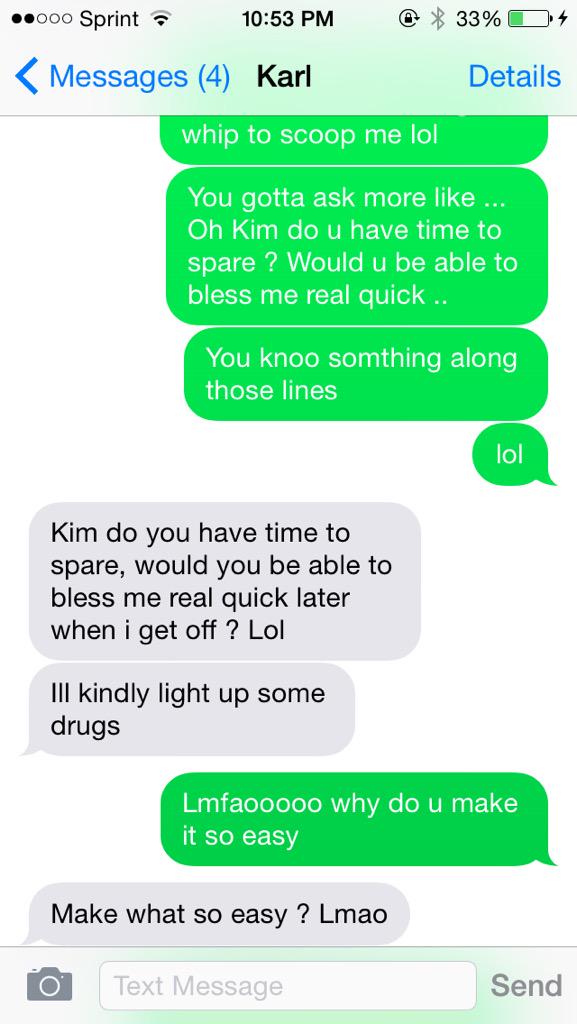
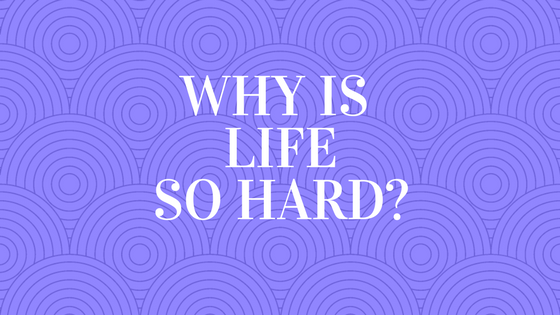

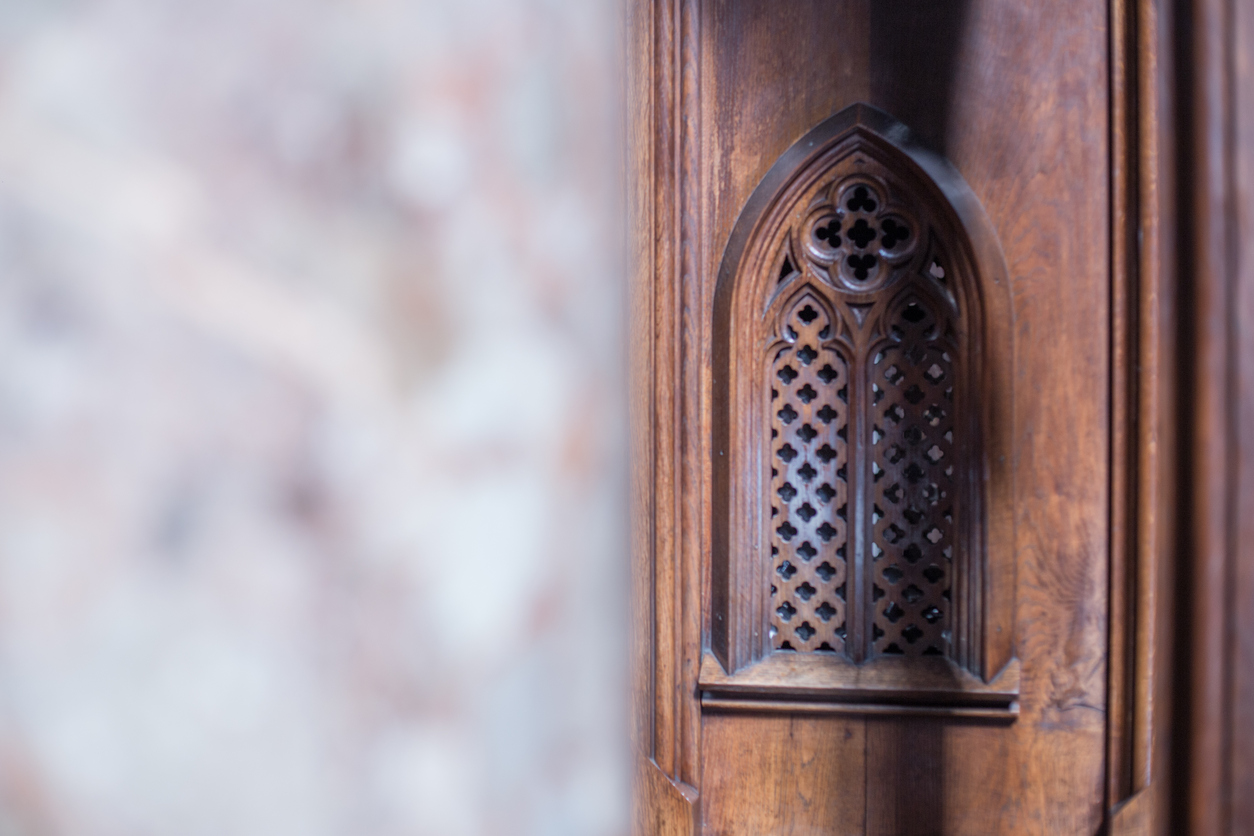






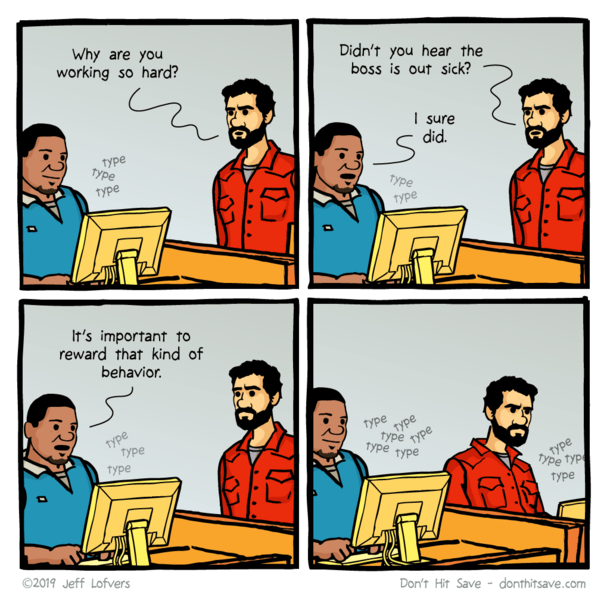









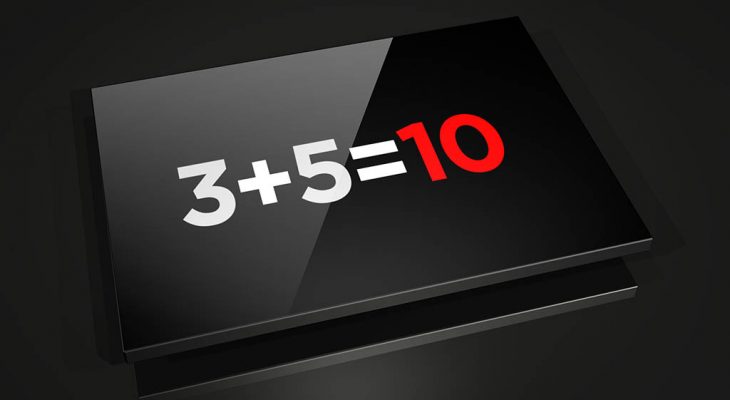


No comments:
Post a Comment
Note: Only a member of this blog may post a comment.